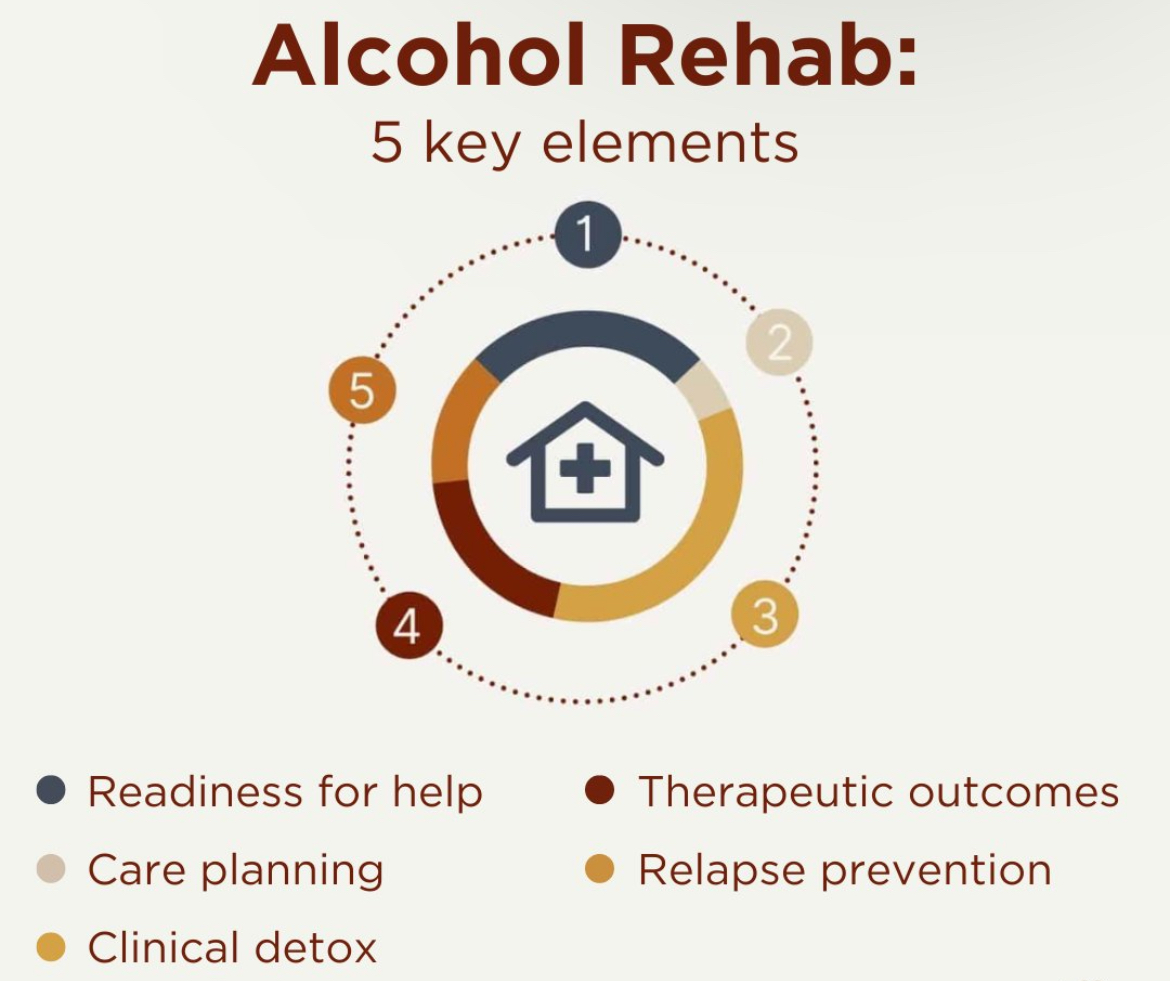The Social Stigma of Alcohol Addiction and Its Consequences

Introduction
Alcohol addiction is not only a health crisis but also a social issue marred by deep-rooted stigma. The misconceptions and judgments surrounding those struggling with alcohol use disorder (AUD) can exacerbate the challenges they face, deterring them from seeking the help they need. This article explores the social stigma associated with alcohol addiction, its profound consequences, and the importance of addressing these negative perceptions to support recovery and rehabilitation.
Understanding the Stigma
Nature of Stigma
Stigma against alcohol addiction often stems from the belief that drinking behavior is a moral failing rather than a medical condition. Society frequently views alcohol dependency as a choice, overlooking the complex interplay of genetic, environmental, and psychological factors that contribute to addiction. This stigma manifests in various ways, from derogatory labeling and social exclusion to discrimination in employment and healthcare settings.
Public Perception
Surveys and studies consistently show that attitudes toward individuals with alcohol addiction are significantly harsher than toward those with other mental health disorders. For instance, a study by the American Psychological Association found that people with substance use disorders, including alcohol addiction, are often perceived as dangerous and unpredictable, fueling a cycle of shame and isolation.
Consequences of Stigma
Hindrance to Seeking Help
One of the most damaging impacts of stigma is its role in discouraging individuals from seeking treatment. The fear of judgment and discrimination can make people reluctant to admit they have a problem and reach out for help, often worsening the addiction. According to the Substance Abuse and Mental Health Services Administration (SAMHSA), over 90% of people with substance use disorders, including alcohol addiction, do not receive the treatment they need.
Impact on Mental Health
The stigma associated with alcohol addiction also has severe implications for an individual’s mental health. It can lead to increased feelings of shame, guilt, and loneliness, which can exacerbate underlying mental health conditions like depression and anxiety. The National Institute on Alcohol Abuse and Alcoholism (NIAAA) notes that people with AUD often suffer from high rates of co-occurring mental health disorders, making effective treatment even more critical.
### Social Isolation
Stigma often leads to social isolation, as individuals with AUD may be excluded from social gatherings or family events. They might also withdraw themselves due to feelings of shame or fear of judgment. This isolation can hinder recovery, as social support is a crucial element of successful treatment outcomes.
Tackling the Stigma
Education and Awareness
Combating the stigma of alcohol addiction begins with education. Raising awareness about the biological and psychological aspects of addiction can help shift public perception and foster a more empathetic and understanding approach. Educational campaigns should aim to debunk myths about addiction and emphasize that AUD is a treatable medical condition, not a moral weakness.
Advocacy and Support
Advocacy efforts are vital in changing policies and practices that perpetuate stigma. Supporting legislation that treats alcohol addiction as a health issue, promoting fair treatment in healthcare and employment, and backing initiatives that provide support rather than punishment for those struggling are crucial steps.
Media Representation
The media plays a significant role in shaping societal attitudes. Promoting stories of recovery and highlighting the medical perspectives on alcohol addiction can help change the narrative around AUD from one of blame to one of support and recovery. Accurate and sensitive portrayal in media is essential to reduce stigma and promote a more inclusive society.
Conclusion
The social stigma of alcohol addiction poses significant barriers to treatment and recovery, affecting not only individuals’ health but also their social interactions and mental well-being. By understanding and addressing the roots of this stigma, society can move towards more compassionate approaches that encourage recovery, improve treatment outcomes, and reintegrate individuals into the community. Education, advocacy, and supportive policies are crucial in changing public perceptions and dismantling the stigma surrounding alcohol addiction.






